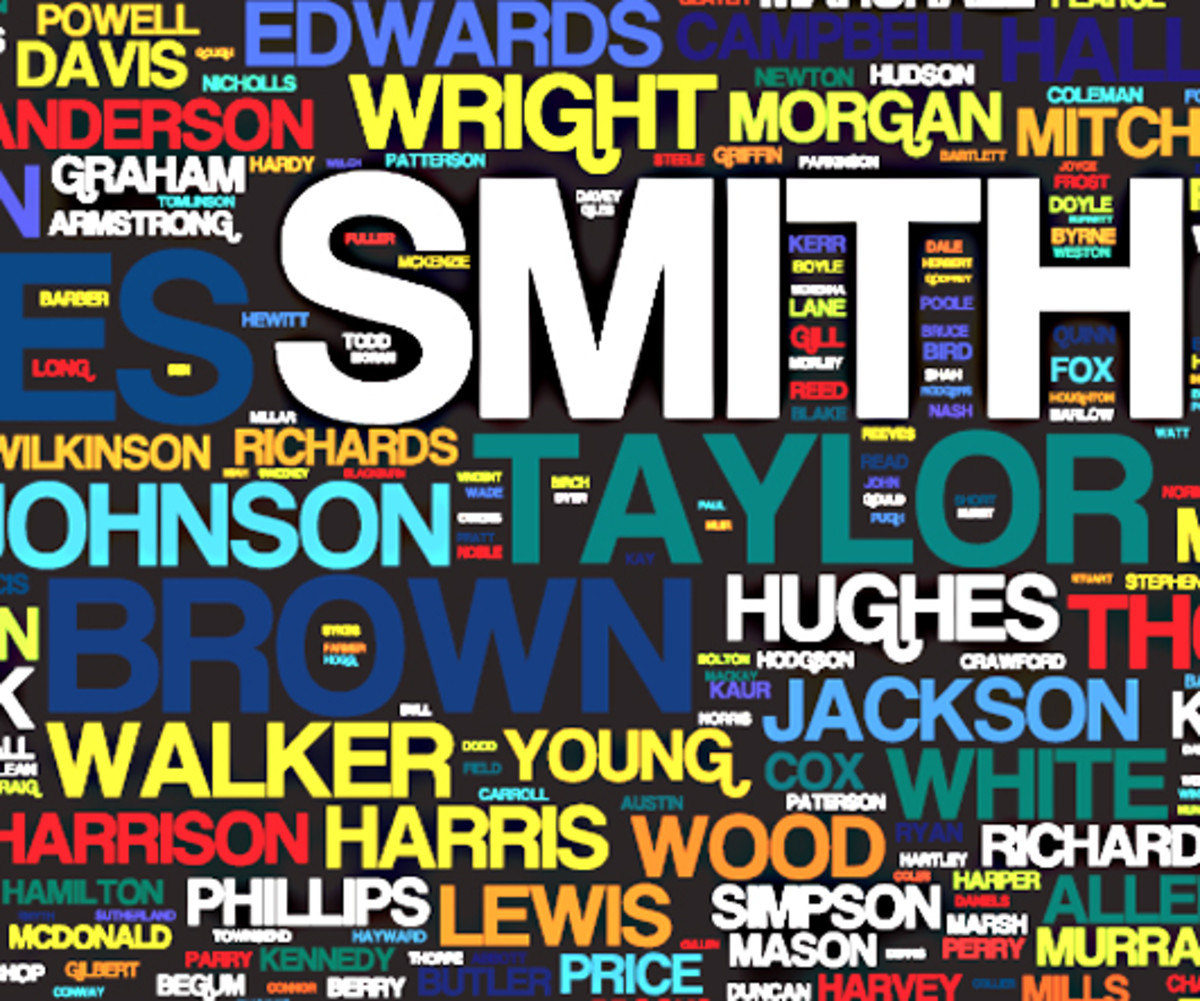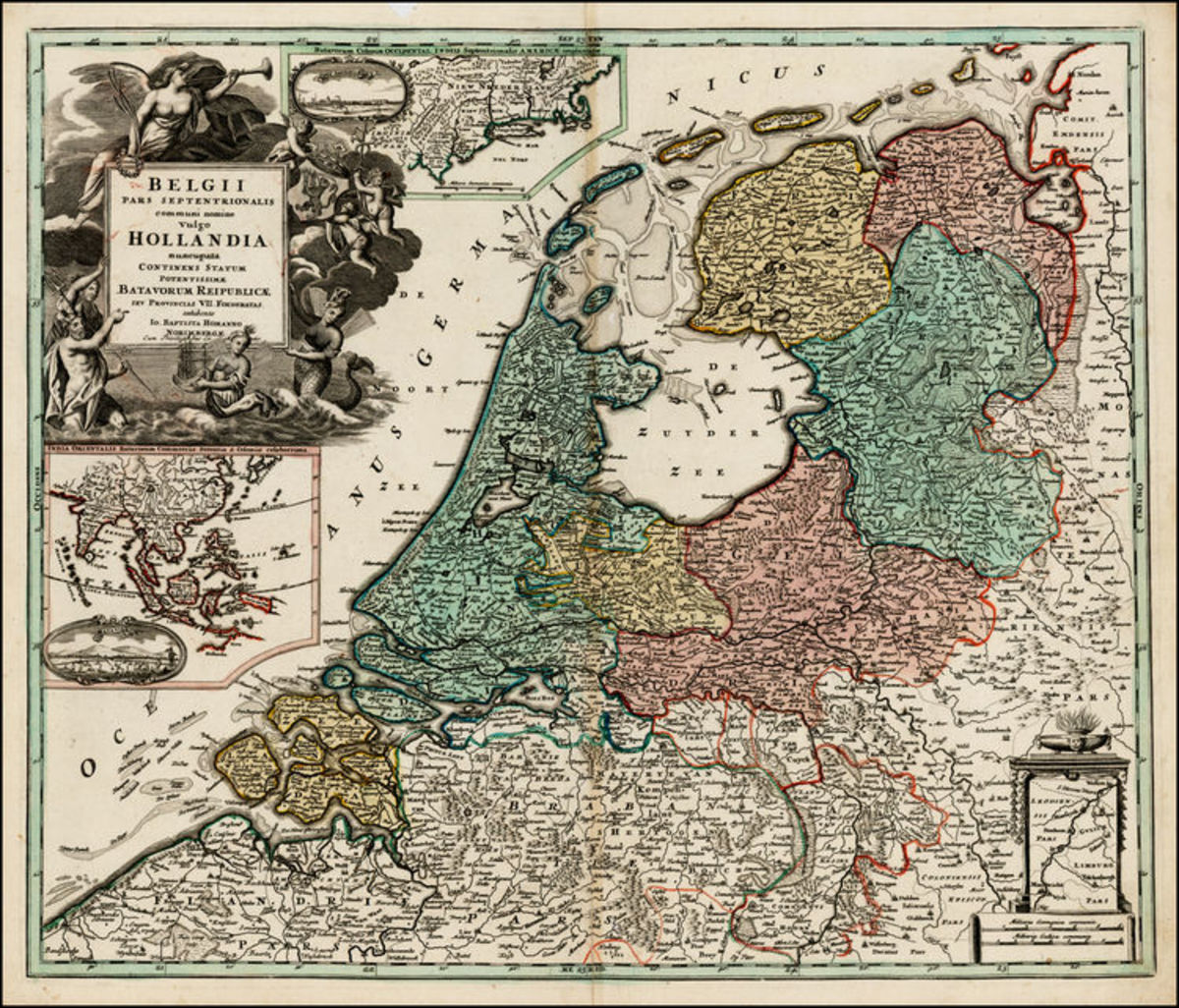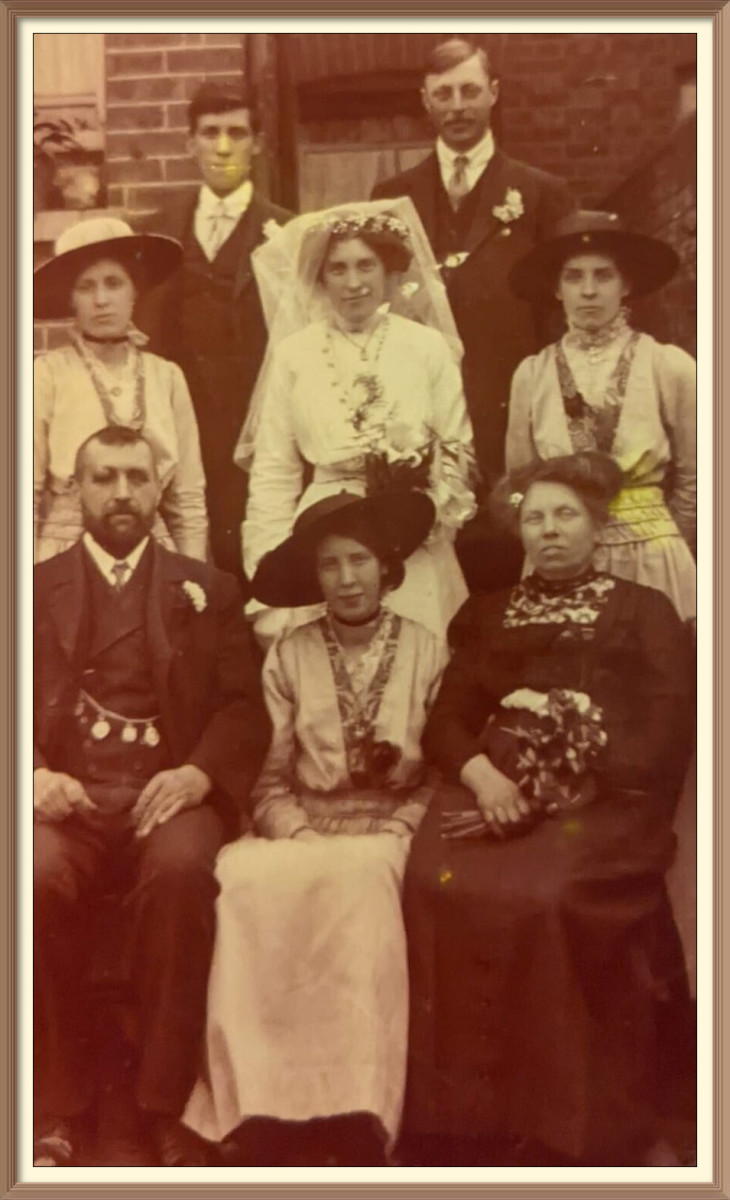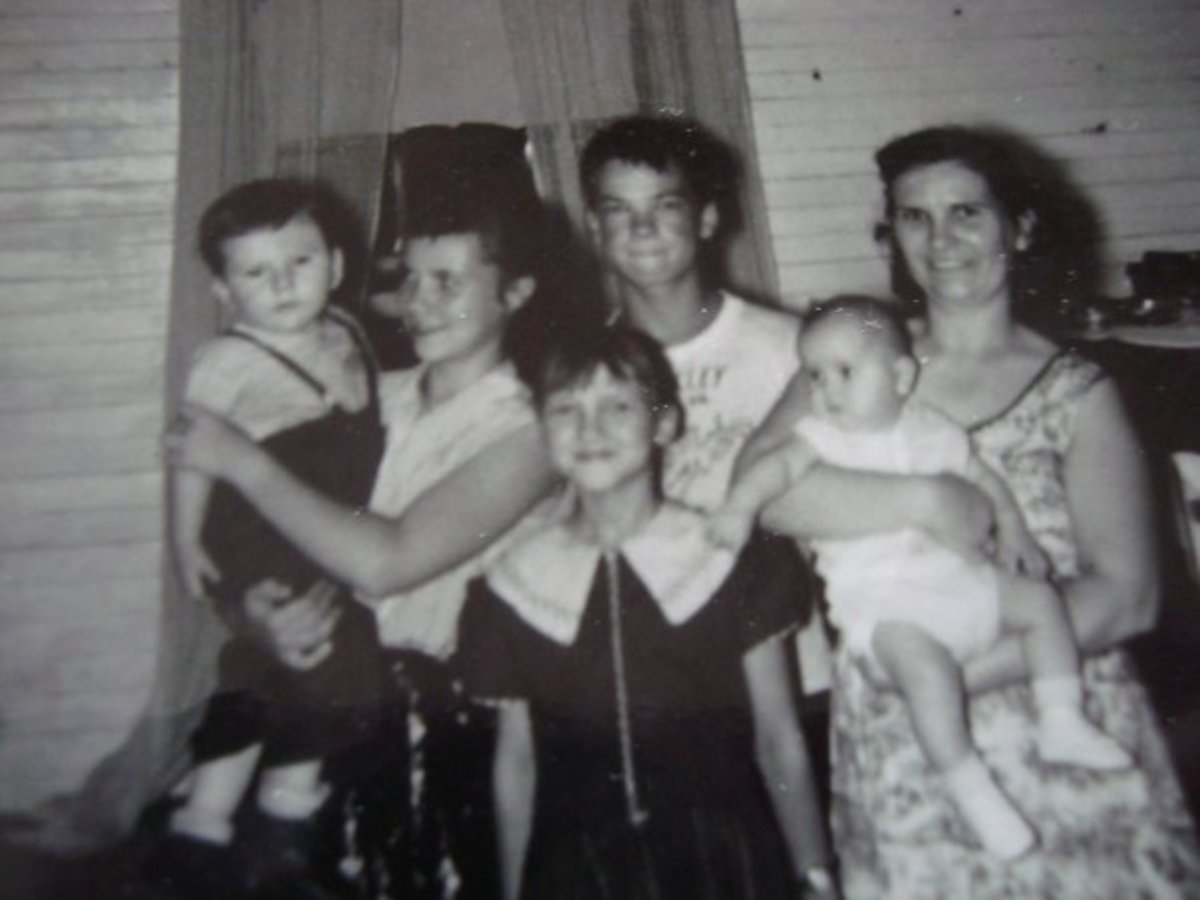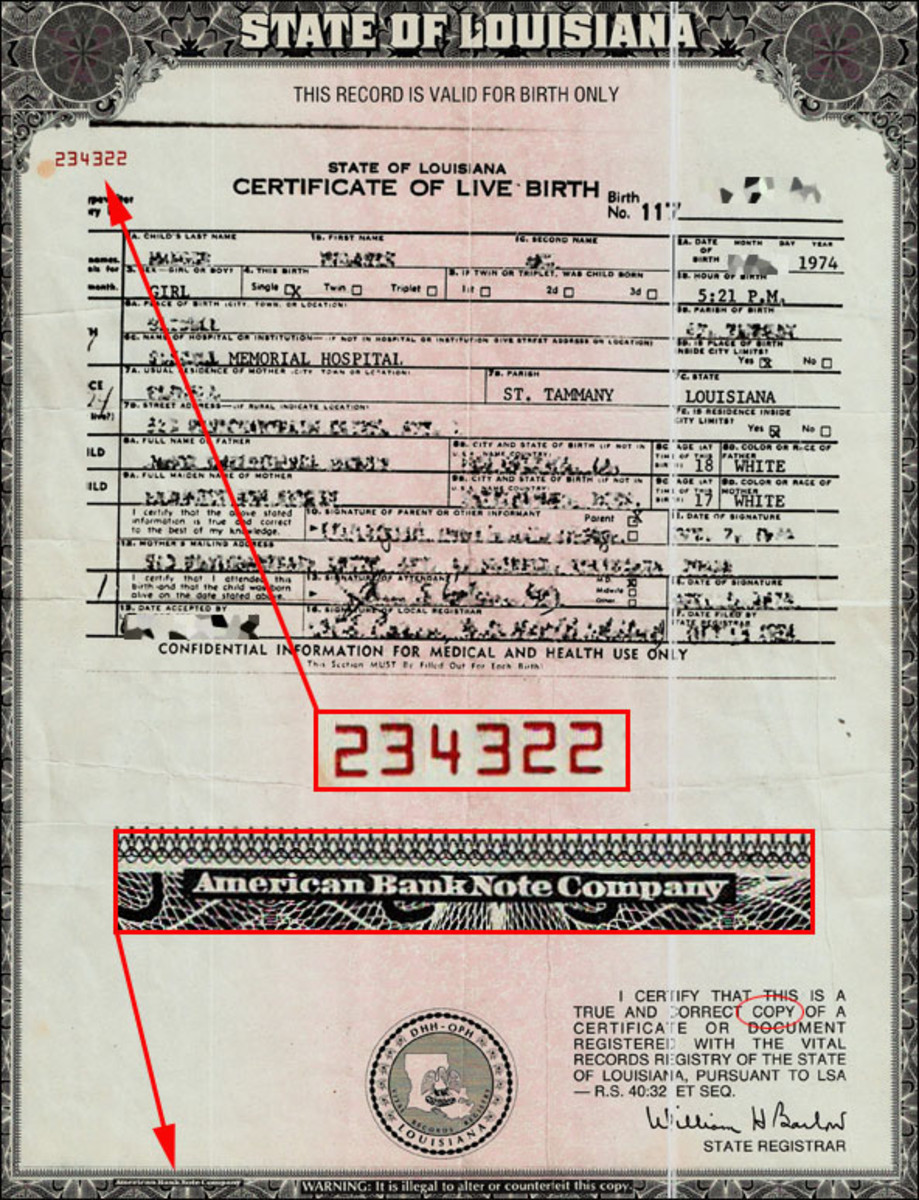English Surnames
Surnames
When researching a family tree you are soon able to follow branches of your tree by the surnames alone.Genealogy can be lists of people connected by their family name. Sometimes these names can tell you about the family's jobs or where they came from. Surnames came and went with invaders throughout English history. Some cultures had more influences on the use of surnames in England than others, the Vikings, Romans and Normans, all too some extent left some influence on surnames in England.
A rose by any other name

Romans
Although here for 400 years the Romans kept the use of their family names among them selves. The Roman familia was part of a larger unit of social organization that developed very early in Roman history. This unit, which we would call a "clan" the Romans called a gens. As Rome developed, clans often came to include large numbers of familiae. While technically related, over time these familiae grew quite distinct in their social identity. It became important for familiae within gens to be able both to distinguish themselves and to indicate their clan identity. Thus, Romans developed the cognomen, which is the third word in a name. Marcus Tullius Cicero belonged to the family of the Cicerones who were of the Tullian clan. Gaius Julius Caesar belonged to the Caesars who were of the Julian clan. As the Romans were most interested in social climbing the influence of family name on the conquered Britain’s didn’t occur.
What have the roman's done for us? not surnames
Here we go, here we go, here we go

The Vikings
The next and by far more interesting, in the way of names were the Vikings. Now there influence was by far felt more in the east and north of England. If you drew a line diagonally down from Chester to London, the Viking influence was on the eastern side of the line. The Vikings did not use surnames as we understand them. They followed the system of using patronymics (or rarely matronymics) and this system is still in use in Iceland today. A patronymic is simply a name that means Son-of-{father's name} or Daughter-of-{father's name}. An interesting thing here is if your surname ends in ‘son’ your family is more likely to have originated in the north of England. For example, Wilkinson from the north and Wilkins from the south. In general Viking parents named their children after a deceased relative or hero. In some way the child was believed to inherit with the name the gifts or personality of their namesake: this belief almost seems to have been one of reincarnation of the named relative in the new child once the name was bestowed. However the Viking’s uses of nick-names were the most interesting surnames. These nicknames were rarely, if ever, used by the person themselves, and almost never used to the person's face. You were tagged by your friends (or enemies) with a byname. This becomes painfully obvious when you look at the historical bynames I have recorded. They are invariably descriptive, and mostly derogatory in some way, though a few denote desirable traits the person was known for.
Based on personality we have Bad-Luck Olaf, Olaf the Big Mouth, Ragnhjild the Powerful, Erik Bloody axe, Leif the Lucky and who could forget, Halfdan the Generous and Stingy of Food. Then we have names based on physical appearances, Ivan the Boneless, Harold Bluetooth, Kon Smelly-Feet, Ragnar Hairy-Breeches and Gorm the Old to name but a few.
What's your Viking name?
- The Quarter -- What\'s YOUR Viking Name?
Discover your True Viking Name and personality type
The Norman's wisdom with surnames

Was your relative at Hastings?
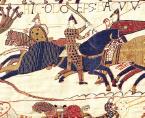
The Normans
So the next big thing in the way of surnames happened in 1066 when the Normans from France conquered England. Their leader William the Bastard from Normandy soon changed his last name to the Conquer, much more acceptable. Then he decided to tax all of England and did the first census of England, The Doomsday book. In England, the most accepted theory of the origin of family names is to attribute their introduction to the Normans and the Doomsday Book of 1086. As such, documents indicate that surnames were first adopted among the feudal nobility and gentry, and only slowly spread to the other parts of society. Some of the early Norman nobility arriving in England during the Norman Conquest differentiated themselves by affixing 'de' (of) in front of the name of their village in France.
Who's who at Hastings
The Doomsday book
- :: Welcome to the Domesday Explorer Web Site ::
Domesday Explorer, the electronic version of Great Domesday Book
Happy family?
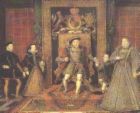
So who's your father
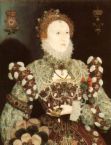
The middle ages
Being manly agricultural and the ravages of the Black Death culling the population, England remained in most parts remote villages, where everyone knew everyone else. No one traveled much so their was no need for surnames. Every one even royalty was called by their first name only. Slowly however Villages grew, the population increased, so a need to distinguish each other was needed. At first it was simply, ‘that’s Ben, John’s son”. So the names became more descriptive, in order to be distinctive. There might be "John, son of Jacob" and his neighbor "John, the blacksmith." Secondary names such as these still weren’t surnames as we know them, because they were not handed down through generations from father to son. For instance, if "John son of Jacob" had a son, he might be called "Benjamin the carpenter." By 1400, most English people had acquired surnames, but it wasn’t until Henry VIII (1491 - 1547) ordered that marital births be recorded under the surname of the father, that proper family names were beginning to be used.
The Huguenots
In the mid 16th century the French Huguenots arrived in England and added their surnames to the mix. The Huguenots were French Protestants who were members of the Reformed Church which was established in 1550 by John Calvin. These Catholic dissenters were persecuted throughout France. During the infamous St Bartholomew Massacre of the night of 23/24 August, 1572 more than 8 000 Huguenots lost their lives. The thousands that lived in France left for prodestant countries such as England and Germany. Some of these families once here changed their names to ‘fit in’ in England. Such as Beauchamp, becoming Beacham for example.
Are we just colours on a sheild?

The future
So what about the future of the Surname? There is already a trend to hyphenate surnames, leading us back to names resembling the names the Romans used. Also some couples are taking the woman’s surname as the family name. Genealogy in the future in a lot of ways will be easier because of the paper trail we leave, but more difficult to follow a family by its surname. But image if we were to start again, naming people after our professions or physical appearances. How many Mr. and Mrs. Retail Assistant would there be, or how about The Bankers or How about poor old Mr. and Mrs. Unemployed, would these names take over from the Smiths and the Jones. What would these names say about life today? Physical appearances and traits would mean my co-workers would be Miss Grumpy, Mrs. Short and Mr. Pompous. Leaving them to work with me, Mrs. Jelly Belly. Perhaps it’s just as well to leave surnames well enough alone.
Who's on first?
Tracing the surnames in your tree
Where in the world is your surname?
Some of my Genealogy Hubs
- family tree tips
I have been researching my family tree for about five years now and have some branches back to late 1600,s. Not bad for some one who has done all of it on the internet. I haven't spent a fortune. ... - Genealogy in the west of England
During the years Ive been discovering the relatives in my family tree, Ive found some very useful information and web sites. When beginning the research into my family it made sense to break the... - Family tree - occupations
When you begin researching your family tree you will probably find that branches of the tree follow the same occupation. Some would marry into other families of the same occupation as well. Back in time... - Ways to record your family tree
When you are researching your tree you will you will want to display your findings for others to see, and to add relatives. There are 3 ways you can do this. On-line, software and pen and paper. All three...



